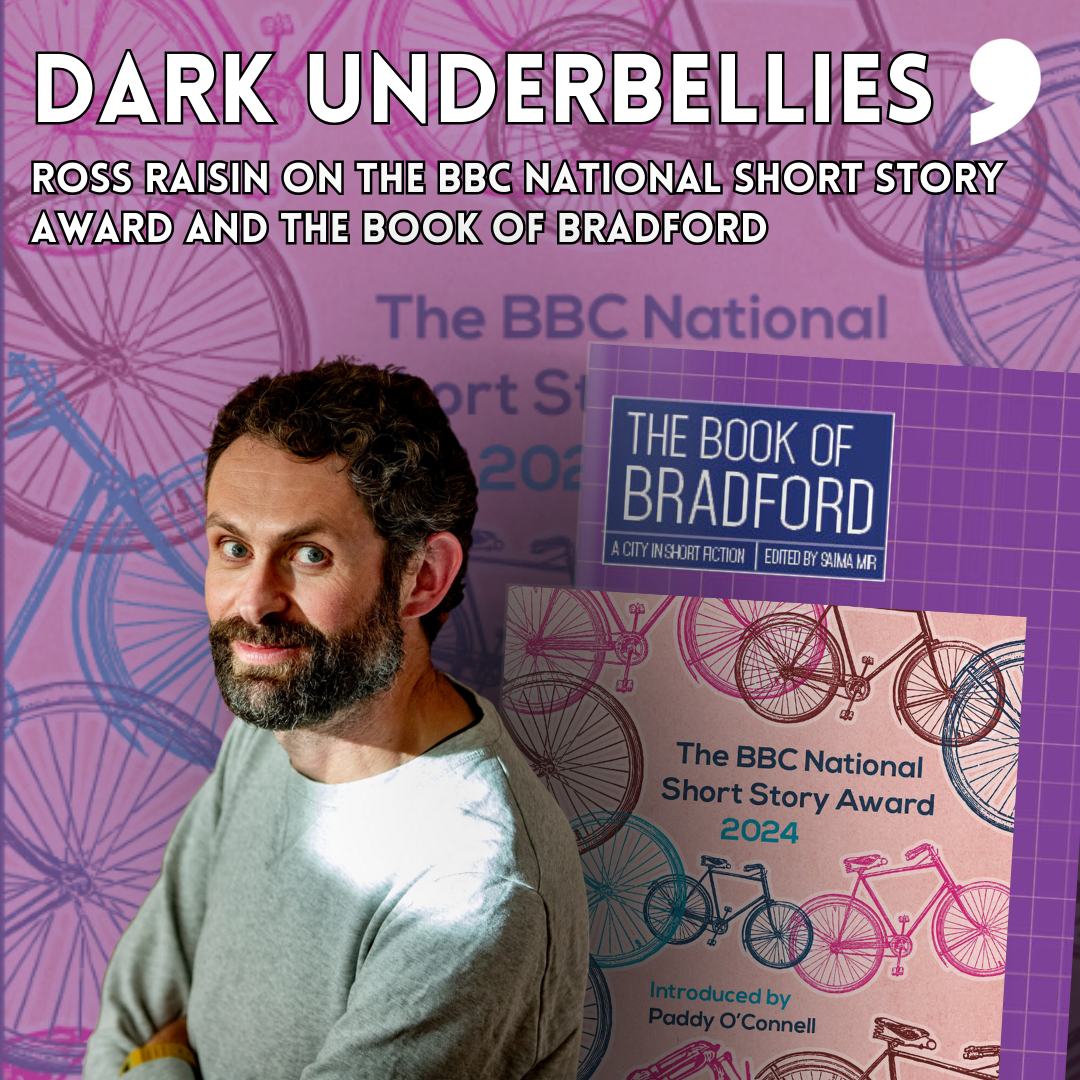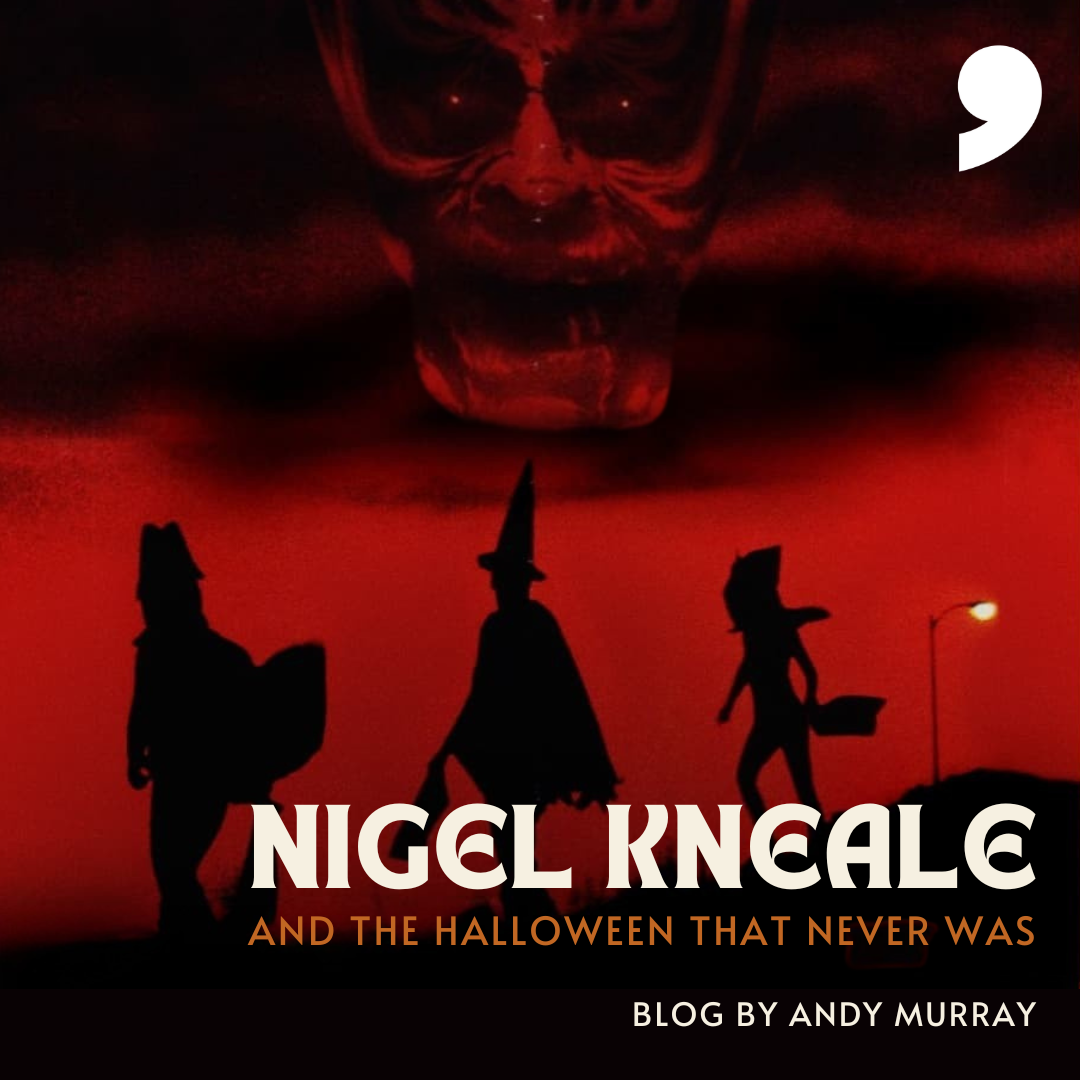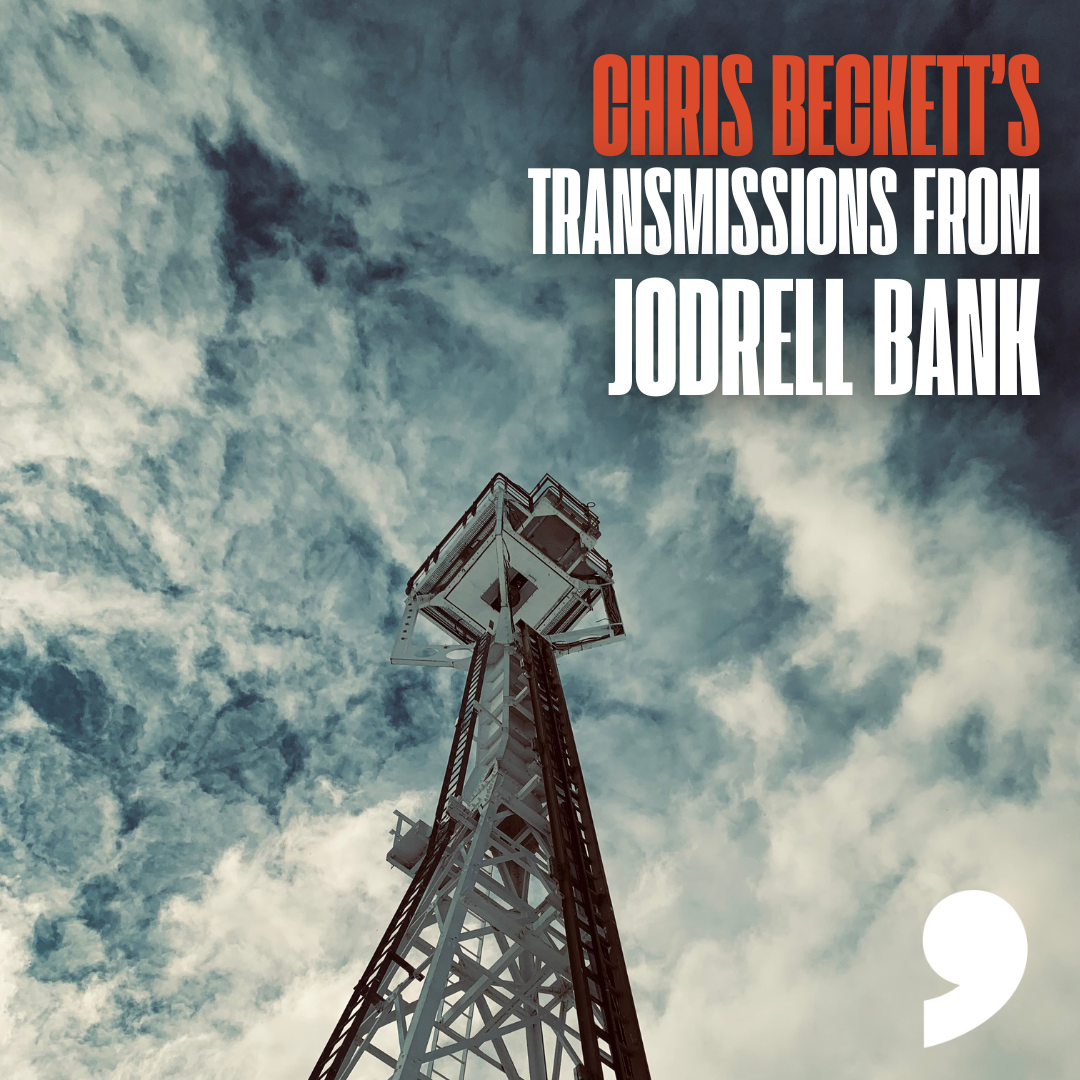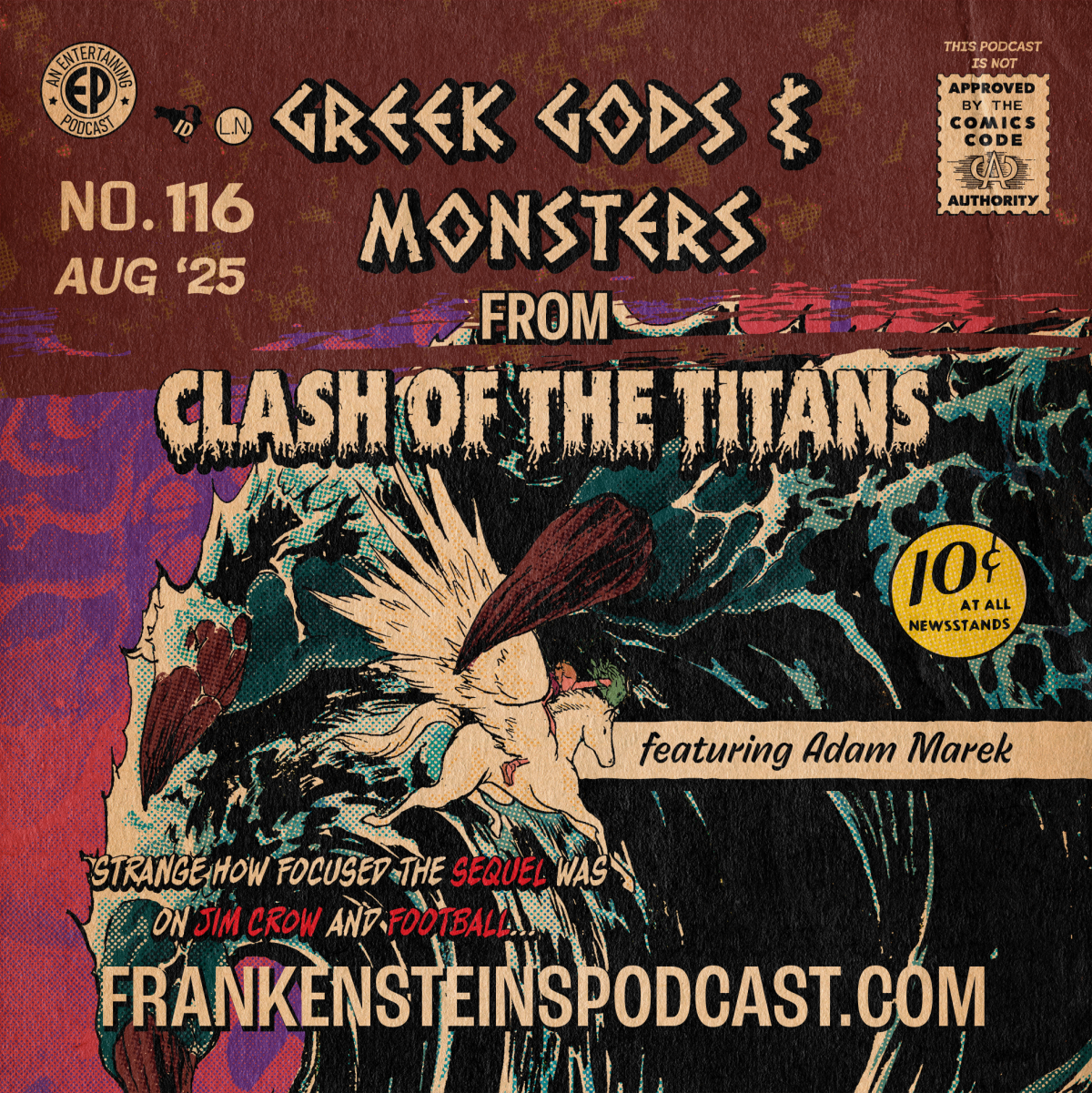Dark Underbellies - Ross Raisin Author Interview
We chat with 2024 BBC National Short Story Award winner Ross Raisin about the win, his upcoming story in The Book of Bradford and his memories of the city.
First off, a massive congratulations on your National Short Story Award Win! We were there in the Front Row live audience and heard you talk about how the win came at a crucial moment in your career. What did this award mean for you and your work as an author?
It felt good at the time, and it's sat well since. On the surface, winning that award hasn't changed a great deal in my day-to-day working life: I'm still just carrying on with the same project I've been on with for the last couple of years, and I have always held the attitude that prizes are a cherry on the cake, but they don't really have much to do with the cake. You accept them gratefully, enjoy the moment, and move on. But below the surface, the award has made a difference to my motivation and confidence in both material and emotional terms. Material because the prize money allows me to complete the book I'm writing, and also because a few lovely opportunities have come my way (this commission, in particular); emotional because the confidence boost of a panel of writers, and an aftermath of a larger-than-usual body of readers, saying that your idea has legs – affected them, even – has been a shot in the arm.
As an author you’ve worked across short and long forms with success in both. How do you find short story writing, its challenges and its opportunities, and do you have a different creative process when it comes to different formats?
My writing method is exactly the same for both. The particularly enjoyable thing about short form, for me, being that you can grasp the narrative purpose of what you are writing earlier on in the process. I spend fewer what-the-bloody-hell-is-this? days when I'm working on a story. I also like the liberating feeling of not being contracted to the bespoke language of a narrative for years, as with a novel. Each short story can try a different thing. So can each novel, but you have to exercise a lot more patience, stamina, fidelity.
Your winning story, Ghost Kitchen, shines a light on the dark underbelly of our service economy – the people that are hidden beneath the apps of convenience we take for granted. What inspired you to write about this world and why do you think people have connected with it so deeply in your story?
It seems that I usually write about dark underbellies of one kind or another. Often of workplaces – and this story in fact stemmed directly from the research of my last novel, A Hunger, which is about a restaurant kitchen (I used to work in restaurants and hotels and always hankered to write about the experience). During that research, I did some reading into dark kitchens, and while they don't feature in that novel, I knew I wanted to write about them. In part, because many of us will have sometimes used such a service without perhaps realising it. The service economy, and associated grey economy, is connected, I feel, to many other issues to do with present-day society, which will always involve human stories, most of which rarely see the light.
We’re delighted at Comma to be publishing one of your short stories in The Book of Bradford later this year - the collection features 10 short stories by 10 of Bradford’s best writers. Could you give us a sneak peek of what we can expect from your contribution?
This year marks the 40th anniversary of the Valley Parade fire disaster. I knew as soon as the offer to write a story came in that this was what I wanted to centre it upon. The story is set (well, at the moment is set – but I'm still on an early draft) on the final day of this season, but the subtext to the story is the memory of that day. It's a story about family, essentially, but a tribute, also, and a very important year to have the opportunity for me (I'm a City fan) to make it.
Bradford has been named as the latest UK City of Culture for 2025, highlighting the city’s diverse arts community on a national stage. What was your experience of arts and culture growing up around Bradford?
Going to the Imax is one of my favourite childhood memories. One of my least favourite childhood (teenage) memories is the day, one pre-season, when my mate Richard and I were asked by City to form an impromptu (and very small) Kop band – me on my saxophone, him on his clarinet – for the club to experiment with whether they might roll the idea out into the season proper. I can remember the enlarging circle of steps around us that afternoon. We weren't asked back.
Last but not least: what’s next on your agenda?
A novel, the one I've been writing for a couple of years – which is inspired by the short story I wrote, 'Ghost Kitchen'. I realised once I'd finished the story that I was still thinking about it, imagining the characters and what would happen to them after the story's climax. It's now a narrative that goes considerably deeper – grey economy, asylum, the justice system. I recall somebody saying, about the story: 'It's not cheery, but it makes you think'. Well, that's the novel too, only dialled up (with, I should add, some sexy bits too).
Ross Raisin was born and brought up on Silsden Moor in West Yorkshire. He is the author of four novels: A Hunger (2022), A Natural (2017), Waterline (2011) and God’s Own Country (2008). His work has won and been shortlisted for over ten literary awards. Ross won the Sunday Times Young Writer of the Year award in 2009, and in 2013 was named on Granta’s once a decade Best of Young British Novelists list. In 2018 he was awarded a Fellowship by the Royal Society of Literature. Ross has written short stories for Granta, Prospect, the Sunday Times, Esquire, BBC Radio 3 and 4, among others, and in 2018 published a book for the Read This series, on the practice of fiction writing: Read This if you Want to be a Great Writer. He is the winner of the 2024 BBC National Short Story Award. His latest novel, A Hunger, is out now.



